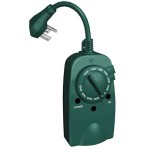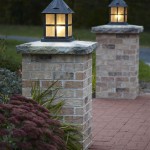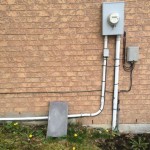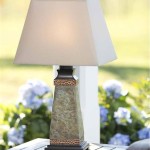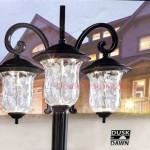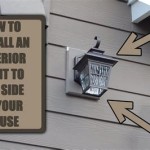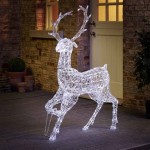Essential Aspects of Selecting the Right Wire for Outdoor Use
Choosing the right wire for outdoor use is crucial to ensure safety, performance, and longevity in exposed environments. Understanding the essential aspects of outdoor wire selection is paramount for successful installations and reliable electrical systems.
1. Insulation: Outdoor wires are exposed to harsh weather conditions, including extreme temperatures, moisture, sunlight, and mechanical stress. The insulation must be durable enough to withstand these challenges and prevent electrical shorts. Commonly used insulation materials for outdoor wires include PVC, polyethylene (PE), and cross-linked polyethylene (XLPE).
2. Conductor Material: The conductor, which carries the electrical current, should be made of a material that is resistant to corrosion and oxidation. Copper is a common choice for outdoor wires due to its high conductivity, flexibility, and durability. Aluminum is also used, but it requires a thicker insulation layer due to its lower conductivity.
3. Gauge: The wire gauge refers to the thickness of the conductor. The thicker the wire, the lower the resistance and the higher the current-carrying capacity. Selecting the correct gauge is essential to prevent overheating and ensure the proper functioning of the electrical system.
4. Voltage Rating: Outdoor wires must be rated to withstand the voltage of the electrical system they are used in. This rating typically ranges from 300 volts to 1,000 volts. Using a wire with an insufficient voltage rating can lead to electrical arcing, insulation failure, and fire hazards.
5. Sunlight Resistance: Outdoor wires are subject to prolonged exposure to sunlight, which can degrade the insulation material over time. UV-resistant insulation is essential to prevent premature aging and ensure the long-term reliability of the wiring system.
6. Burial Depth: When installing wires underground, it is important to consider the burial depth. Direct burial wires have a thicker insulation and are designed to withstand the weight of the soil and potential mechanical damage. Conduit systems provide additional protection for wires buried in shallow trenches or concrete.
7. Standards and Certifications: Outdoor wires should meet industry standards and certifications to ensure they have been tested and certified for their intended use. Look for wires that comply with UL standards (Underwriters Laboratories) or other relevant certifications specific to your region.
By carefully considering these essential aspects, you can select the right wire for outdoor use that will meet the demands of your specific application, ensuring safety, reliability, and long-term performance.

How To Choose A Suitable Outdoor Network Cable

240ft Premium Outdoor Low Voltage 16 Gauge Wire Coil

18 2 Low Voltage Landscape Wire With 16 Connectors 100ft Outdoor Iron Forge Tools

12 2 Awg 250ft High Quality Copper Wire Cable Direct Burial For Outdoo

18 2 Low Voltage Landscape Wire 100ft Indoor Outdoor Cop Iron Forge Tools

16 2 Low Voltage Landscape Wire 100 Feet Weatherproof Outdoor Underground Cable

Reviews For Southwire 250 Ft 14 2 Brown Stranded Cu Cl3 Outdoor Speaker Wire Pg 1 The Home Depot

Why Use Aluminum Wire Instead Of Copper For Outdoor Wires Chal

What Makes Electrical Cables Suitable For Outdoor Use Yifang Electric Group Inc

Indoor Vs Outdoor Wire Wesbell Electronics
